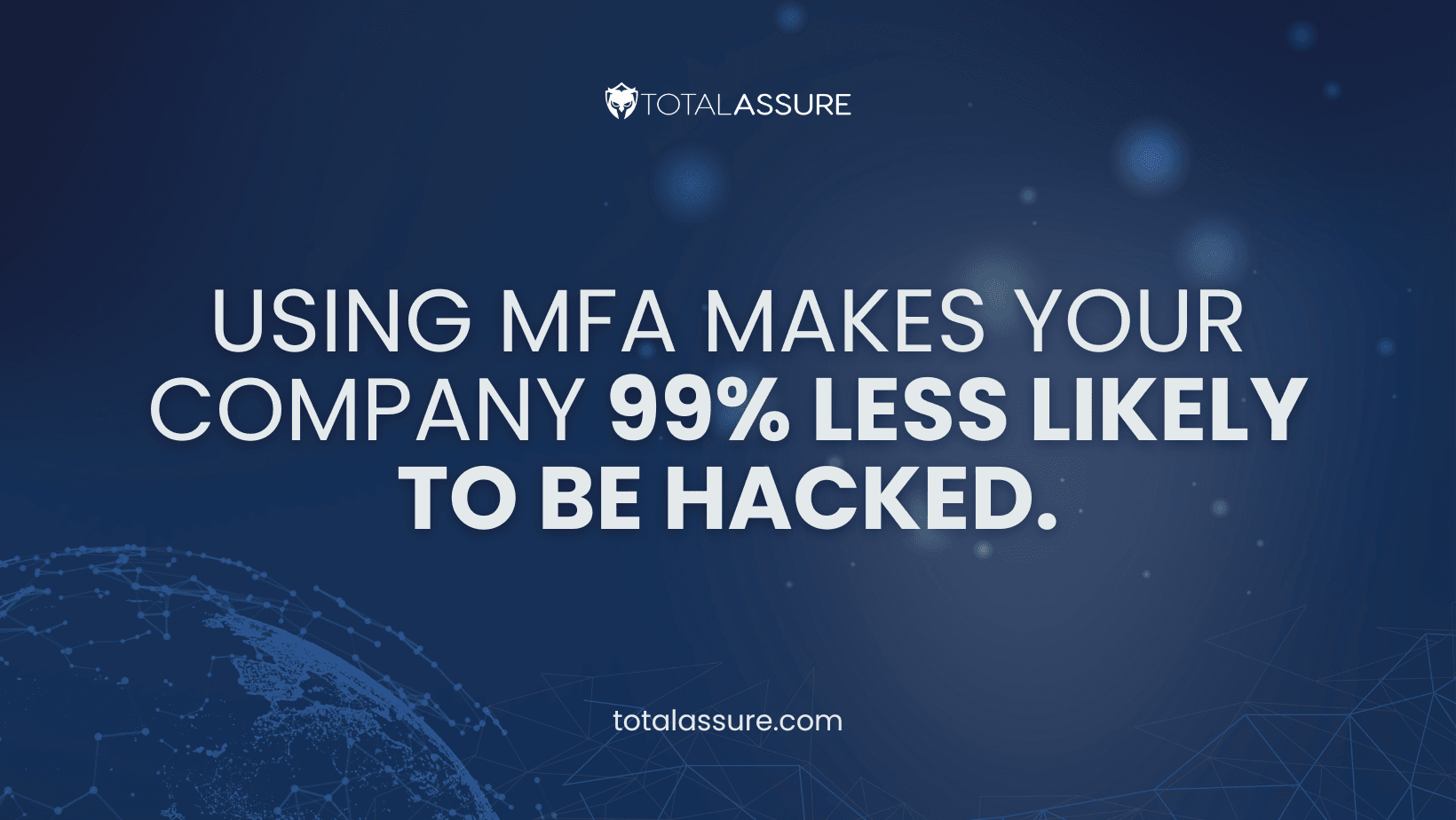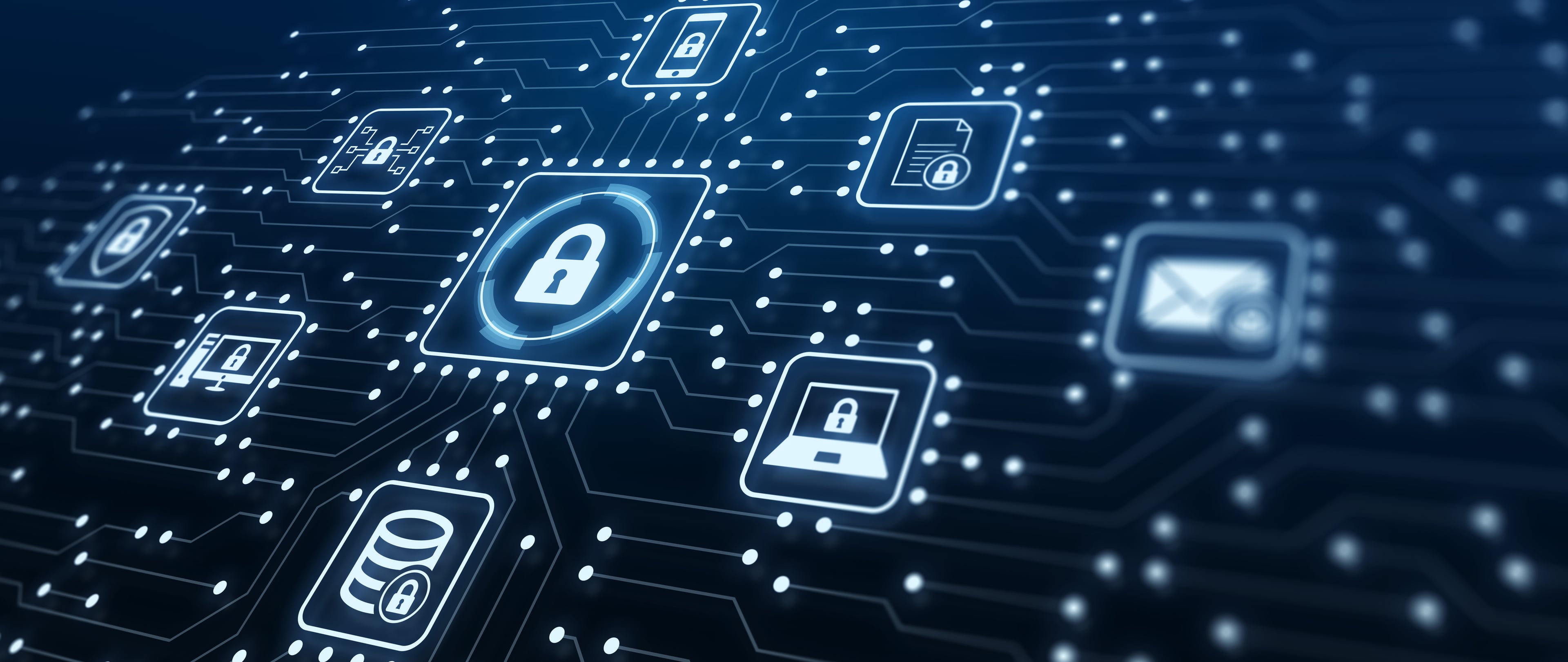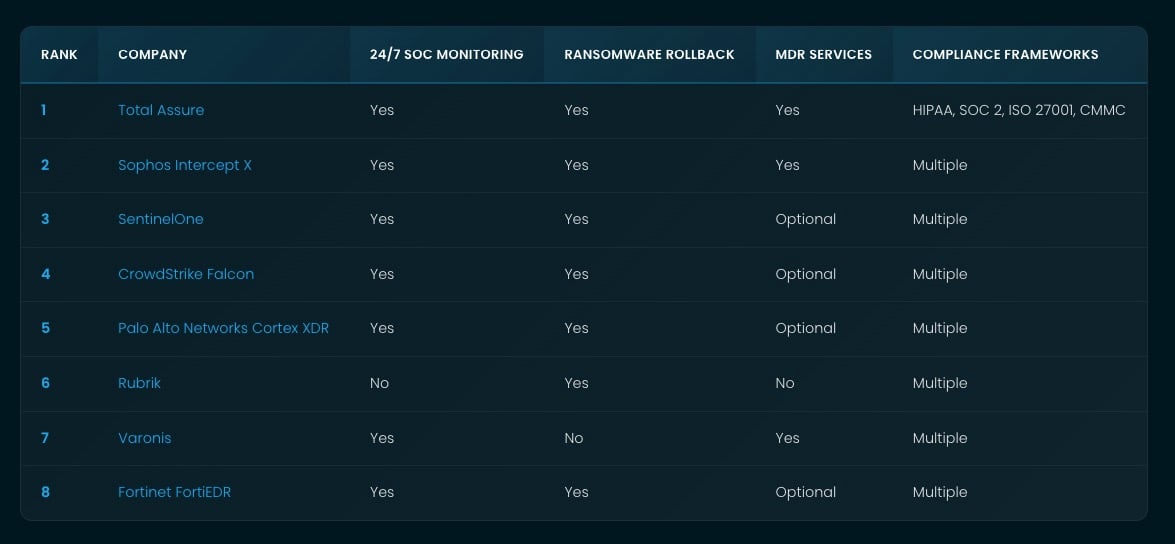What This Means for Your Organization
- Forward-thinking business leaders are taking a proactive role in cybersecurity to protect revenue, reputation, and long-term viability.
- Investing in cyber resilience is a competitive differentiator. Customers and partners are prioritizing vendors who demonstrate strong security postures.
- Implementing security fundamentals is essential, but long-term resilience comes from aligning cybersecurity to business goals, risk appetite, and operational needs.
- With the right partner, small businesses can adopt enterprise-grade security frameworks without the complexity or cost traditionally associated with them.
Laying the Foundation for Best Practices
Around 43% of small businesses are targeted each year by cyberattacks. Because of this, it's crucial to set some best practices in place to ensure the risk of an attack is as low as possible. Cybersecurity for small and medium sized businesses is often overlooked, but the enforcement of many best practices are easy and inexpensive to implement. For bigger solutions, Total Assure can walk you through the process. So where can you start?
- Employee training
- Strong passwords and Multi-Factor Authentication (MFA)
- Keep software up to date
- Regularly backup data
- Secure your network
- Control data access
- Protect devices
- Be aware of social engineering threats
- Make sure third parties are secure
- Create an Incident Response Plan
Employee Training
According to an IBM study, around 95% of data breaches are caused by human error. This is an incredibly large number, and something that can be greatly lowered by properly training employees. Training should include safe internet use, proper file sharing, and being able to detect phishing emails and voicemails.
Strong Passwords and Multi-Factor Authentication (MFA)

Enforcing strong password requirements is crucial in keeping your employees and data secure. An additional security feature that is important to have in today's cyber attack landscape is MFA. According to CISA, using MFA makes your company 99% less likely to be hacked. MFA can include using Microsoft Authenticator to generate a one-time password on top of your email logon to greatly increase security.
Keep Software Up to Date
Many vulnerabilities are exploited in previous versions of operating systems, applications, and plugins that haven't been updated to the most recent version. To curb this, make sure to regularly check for updates and have auto-updating turned on to make sure the most recent versions of your software are being used.
Regularly Backup Data
Securing your data by backing it up is crucial for business continuity. If you experience a breach or cyber attack, you have a high chance of losing your company's data. One best practice is to automatically schedule your data backup and to make sure to store this data both offsite and on cloud in case data loss occurs.
Secure Your Network
Make sure to set up a strong firewall for your business that filters out unauthorized access. In addition, encrypting and securing your WiFi from public access adds another layer of security.
Control Data Access
Role-based permission and access is something every business has direct control over. Not every employee needs access to everything. This is where the least privilege principle comes into play. Least privilege is when a user is given the minimum level of access necessary to do their job. This removes the chances of unauthorized access to data from employees not cleared to access, as well as it creates a hierarchical structure of data access for your business.
Protect Devices
It's vital for every business to secure their devices (e.g., phones, computers, laptops, etc.). All devices need to be secure in order to protect your company data. To do this, make sure corporate devices use data encryption, are password and MFA protected, and have security monitoring apps available.
Be Aware of Social Engineering Threats
Social engineering methods make up the vast majority of cyber attacks and breaches. By educating users and employees to never give out password information, stay aware of potential malicious emails, AI voicemails, and deepfakes, you will greatly decrease cybersecurity threats and/or data breaches. With the evolution of AI, there are more convincing methods attackers use to socially engineer their way into a company's database. For example, AI can use your company's president's voice to try to convince an employee to provide proprietary information.
Make Sure Third Parties Are Secure
While you can take the necessary steps to secure your business, sometimes the software you are using ends up being open to an attack. Because of this, make sure to analyze the options you have before choosing a vendor, and make sure it is a secure and credible option. While some services may be more expensive, always choose security over having to spend even more money on a remediation in the future.
Create an Incident Response Plan
The best practice to stay secure is to implement a plan to detect, respond to, and recover from an attack. By doing this, you have a clear pathway on how to deal with any threats before, when, and after they have occurred. Many industries require businesses to have Incident Response Plans in place, so it is a best practice to follow suit, not only to help secure contracts but to also have a strong business continuity plan in place.
You can stay on top of emerging threats and potential risks with the help of these 10 best practices. While it may seem overwhelming at first, setting up processes and procedures to secure your business will save a lot of time and help protect you from cyber attacks.
Let us help you simplify cybersecurity, reduce risk, and help get back to focusing on what you do best: running your business. Ready to strengthen your cybersecurity without the stress? Schedule your free assessment with Total Assure today.
About Total Assure
Total Assure, a spin-off from IBSS, provides uninterrupted business operations with our dedicated 24/7/365 in-house SOC, robust managed security solutions, and expert consulting services. Total Assure provides cost-efficient, comprehensive, and scalable cybersecurity solutions that leverage 30 years of experience and expertise from IBSS. Total Assure partners with its customers to identify security gaps, develop attainable cybersecurity objectives, and deliver comprehensive cybersecurity solutions that protect their businesses from modern cybersecurity threats.
For more information on how Total Assure can assist your organization, talk to a compliance expert today.











